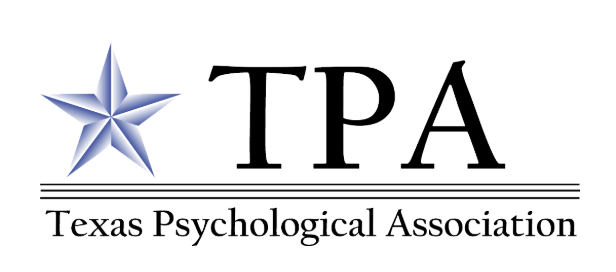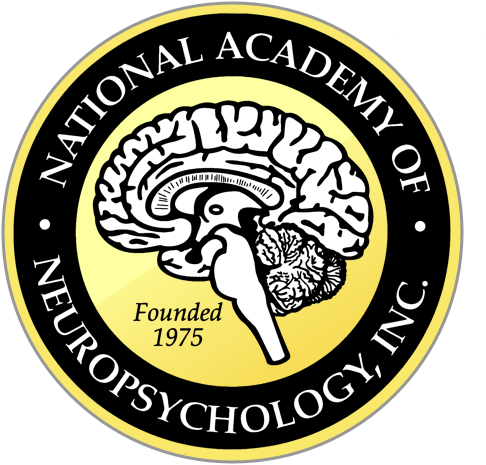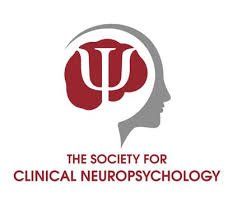Tricia Favre, PhD
DIRECTOR OF NEUROPSYCHOLOGY & PSYCHOLOGY
-
Dementia & Neurodegenerative Disorders (Alzheimer’s, Parkinson’s, etc.)
Traumatic Brain Injury (TBI) & Concussion
Stroke & Vascular Cognitive Impairment
Multiple Sclerosis & Other Autoimmune-Related Cognitive Issues
Epilepsy & Seizure Disorders
Psychological Disorders Impacting Cognitive Function
And More…
-
Adult & Geriatric Neuropsychology
Cognitive Function & Brain Health in Aging
Psychological Assessment in Medical Settings
Rehabilitation Psychology & Cognitive Recovery
Training & Supervision of Neuropsychology Trainees
-
Doctor of Philosophy (Ph.D.) in Clinical Psychology
University of Texas Southwestern Medical Center (UTSW) – Dallas, TX
Emphasis: Neuropsychology
Master of Science (M.S.) in Rehabilitation Counseling Psychology
University of Texas Southwestern Medical Center (UTSW) – Dallas, TX
Bachelor of Arts (B.A.) in Psychology
Hendrix College – Conway, AR
-
Postdoctoral Fellowship in Child Psychology & Trauma
Dallas Children’s Advocacy Center (DCAC) – Dallas, TX
Focus: Psychological assessment & therapy for abused children, expert witness testimony, forensic consultation
-
Item description
-
Peer-Reviewed Journal Articles
Favre, T., Hughes, C., Emslie G, Stavinoha, P., Kennard, B., & Carmody, T. (2009). Executive Functioning in Children and Adolescents with Major Depressive Disorder. Child Neuropsychology, 15(1), 85-98.
Lippert, T., Favre, T., Alexander, C., & Cross, T. (2007). Families who begin versus decline therapy for children who are sexually abused. Child Abuse and Neglect, 31, 1069-1085.
Published Abstracts
Shillinglaw, T., Frol, A., Ringe, W., & Cullum, C. (2001). Cognitive abilities, mood, and quality of life in aneurysm patients with good outcomes. Journal of the International Neuropsychology Society, 7, 134.
Frol, A., Copper, D., Shillinglaw, T., Ringe, W., & Cullum, C.M. (2001). Cognitive functions in patients with good outcomes after aneurysm surgery. Journal of the International Neuropsychology Society, 7, 253.
Research Experience
Principal Investigator – Timberlawn Mental Health System funded project at Dallas Children’s Advocacy Center (DCAC)
Focus: Examining parent participation in therapy orientation and its impact on follow-through with treatment referrals for children.
Contributor to Federal Grant Proposal – National Child Traumatic Stress Initiative (SAMHSA).
Research in Child & Adolescent Psychiatry – UTSW Medical Center
Focus: Neuropsychological evaluations of children & adolescents with Major Depressive Disorder in sleep studies.
Professional Memberships
National Academy of Neuropsychology
〰️
International Neuropsychological Society
〰️
APA Division of Clinical Neuropsychology
〰️
Texas Psychological Association
〰️
National Academy of Neuropsychology 〰️ International Neuropsychological Society 〰️ APA Division of Clinical Neuropsychology 〰️ Texas Psychological Association 〰️
✺ Frequently asked questions ✺
-
I specialize in adult and geriatric neuropsychology, working primarily with individuals experiencing memory concerns, cognitive changes, and neurological conditions. This includes patients with Alzheimer’s disease, Parkinson’s disease, stroke, traumatic brain injury (TBI), and other neurodegenerative disorders. I also see individuals dealing with cognitive difficulties related to chronic medical conditions, infectious diseases, and aging-related changes.
-
If you or a loved one are experiencing changes in memory, attention, language, or problem-solving skills, a neuropsychological evaluation can provide insight into cognitive strengths and weaknesses. These assessments are particularly helpful in diagnosing conditions like dementia, clarifying concerns about cognitive decline, or establishing a baseline for future monitoring. If you’re unsure whether an evaluation is right for you, discussing your concerns with a physician or neurologist can help determine if a referral is appropriate.
-
A neuropsychological evaluation typically involves a clinical interview, cognitive testing, and discussion of medical history and daily functioning. Testing can take between 3 to 4 hours, with breaks as needed. You will complete structured tasks assessing memory, attention, processing speed, problem-solving, and other cognitive functions. The goal is to create a comprehensive picture of your cognitive health to guide diagnosis and treatment recommendations.
-
No, but you will have a follow-up appointment to review the findings. After your evaluation, I will carefully analyze your results and compile a detailed report, which includes diagnostic impressions, cognitive strengths and weaknesses, and recommendations for treatment or support. This process typically takes 1 to 3 weeks, after which we will schedule a feedback session to discuss the results and next steps.
-
Yes, I accept referrals from neurologists, primary care physicians, psychiatrists, and other healthcare providers who have concerns about a patient’s cognitive function or mental health. I also collaborate with specialists in geriatrics, movement disorders, infectious diseases, and rehabilitation medicine to provide comprehensive assessments tailored to each patient's needs.
-
After reviewing your results, I will provide personalized recommendations based on your cognitive profile. This may include medical follow-ups, cognitive rehabilitation strategies, therapy referrals, or lifestyle modifications to support cognitive health. If necessary, I work closely with your referring provider to ensure appropriate next steps for treatment and management. If your condition requires ongoing monitoring, we may schedule periodic follow-up assessments to track any cognitive changes over time.




